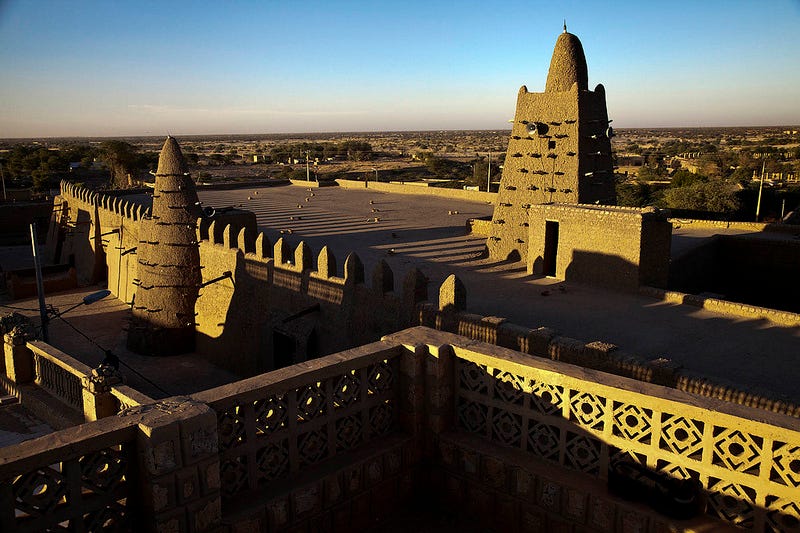
In a rapidly evolving digital world, Africa is leveraging modern technology to preserve its rich cultural heritage. One remarkable effort is the digitization of ancient manuscripts from Timbuktu, an initiative aimed at safeguarding priceless historical texts and making them accessible for future generations.
The Timbuktu Manuscripts, dating back to the 13th century, hold significant knowledge on topics such as science, astronomy, medicine, law, and literature. These manuscripts, housed in the historic Malian city, represent a time when Timbuktu was a hub of learning and culture, drawing scholars from across Africa and the Middle East. However, the manuscripts have faced numerous threats over the centuries, including invasions, environmental degradation, and recent conflicts.
The digitization of these texts has become crucial for their protection and preservation. In 2012, following the occupation of northern Mali by armed groups, thousands of these manuscripts were smuggled out of Timbuktu to safeguard them from destruction. This crisis underscored the need for digital preservation, which would allow these manuscripts to be stored in a secure, accessible format.
Using state-of-the-art scanning technologies, experts have been able to capture high-resolution images of the fragile documents, which are then cataloged and stored in digital archives. These efforts are not just about preservation but also about providing global access to these ancient works. Scholars, historians, and the general public can now explore these centuries-old texts online, contributing to the democratization of African heritage.
The Timbuktu Manuscripts project is part of a broader movement across Africa to digitize cultural artifacts and historical records. In Ethiopia, similar efforts are underway to digitize religious texts and historical archives. Meanwhile, in South Africa, libraries and museums are using digital tools to create online exhibits, ensuring that Africa’s diverse history is accessible worldwide.
Digital preservation projects like these play a vital role in protecting Africa’s intellectual legacy. As more heritage is digitized, the cultural and historical contributions of African civilizations will be safeguarded, ensuring they continue to inspire and educate for generations to come.
